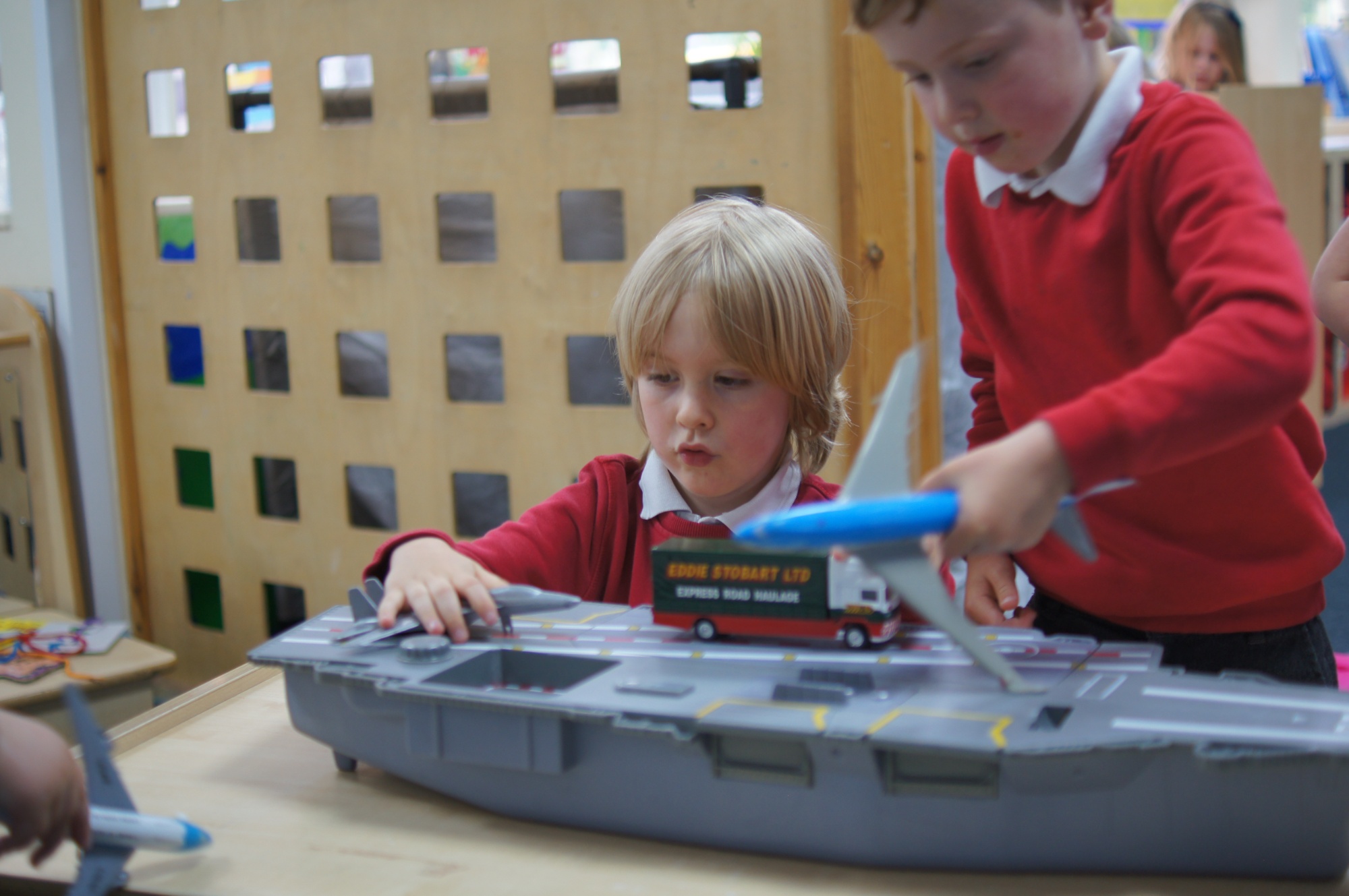5 things parents should know about screen time
Screen time is in the news again, but parents are still getting mixed messages about how much is ‘too much’. Here’s how to take a reasonable, flexible approach - and get your kids on board too.
This week, the Royal College of Paediatrics and Child Health released their report into screen time. The good news is that they haven’t found any compelling evidence that screen time is harmful - but unfortunately for the many confused parents out there, there’s no definitive line on what a ‘safe’ amount of screen time looks like, either.
But there are sensible, evidence-based ways to think about screen time limits - and, by getting your kids involved, you can find a solution that really works for your family.
Here’s where to start.
1. Remember that not all screen time is the same
Not all online activities are equal: doing something creative or learning new skills are very different from mindless scrolling on social media. Perhaps being online is allowing them to socialise in a positive way - or they’re just doing something that they really enjoy. If there are real benefits, then the amount of time they spend doing it is less important.
You know your child better than anyone. As long as screen time isn't interfering with schoolwork or other activities, and isn’t having a noticeable effect on their mood, then try not to obsess over the numbers - there’s probably no need to panic.
2. How long should kids spend online per day?
That said, most parents will want to set some kind of limit. The ‘Goldilocks theory’ put forward by academics from Oxford and Cardiff universities suggests that a certain level of screen time can be beneficial, helping children develop their creativity and communication skills. Around 1 to 2 hours daily during the week and a bit longer at the weekends is considered ‘just right’ for teens - after that the benefits gradually taper off and the negative effects increase. Younger children, aged 4-7 years old, should probably spend no more than an hour a day online - this can go up to around an hour and a half as they get older.
3. Boundaries really do work if you stick to them
The important thing is to get your child involved in the process so that they understand why you're setting limits. Be very clear about your reasons and ask them what they think - getting buy-in at this stage can really help to avoid arguments later on. Remember that teens, in particular, might need to spend longer online to complete their homework.
Once you’ve agreed the limits, stick to them! It can be tempting to give up in the face of pester power or teenage sulks, but it will get easier every time you stick to your guns.
4. Look out for signs that screen time is having a negative effect
Keep an eye on how your child’s screen time may be affecting other areas of their life. If they’re spending time with friends and getting enough sleep and exercise, then they may already have a healthy balance. Talk to your child about what they’re doing online and get them to think about how it makes them feel when they spend time doing these things. You never know, they may actually agree that staying up late gaming is making them too tired for school the next day, or admit that constant scrolling through social media is starting to affect their self-esteem.
5. Use it as an opportunity to have quality family time
Although it is good to set aside time when the family is not using screens - outdoor activities, chats at meal times, day trips at the weekend - this doesn’t mean that you can’t also get involved in using screens together. If you know that your child enjoys playing games online, organise a family gaming night or give them ownership to plan something for the whole family to get stuck in. If you take a real interest in what they like to do online, they're more likely to come to you if something goes wrong, or they make a mistake along the way.
Get up to speed on the apps, games and sites that children use online
https://parentzone.org.uk/article/5-things-parents-should-know-about-screen-time

